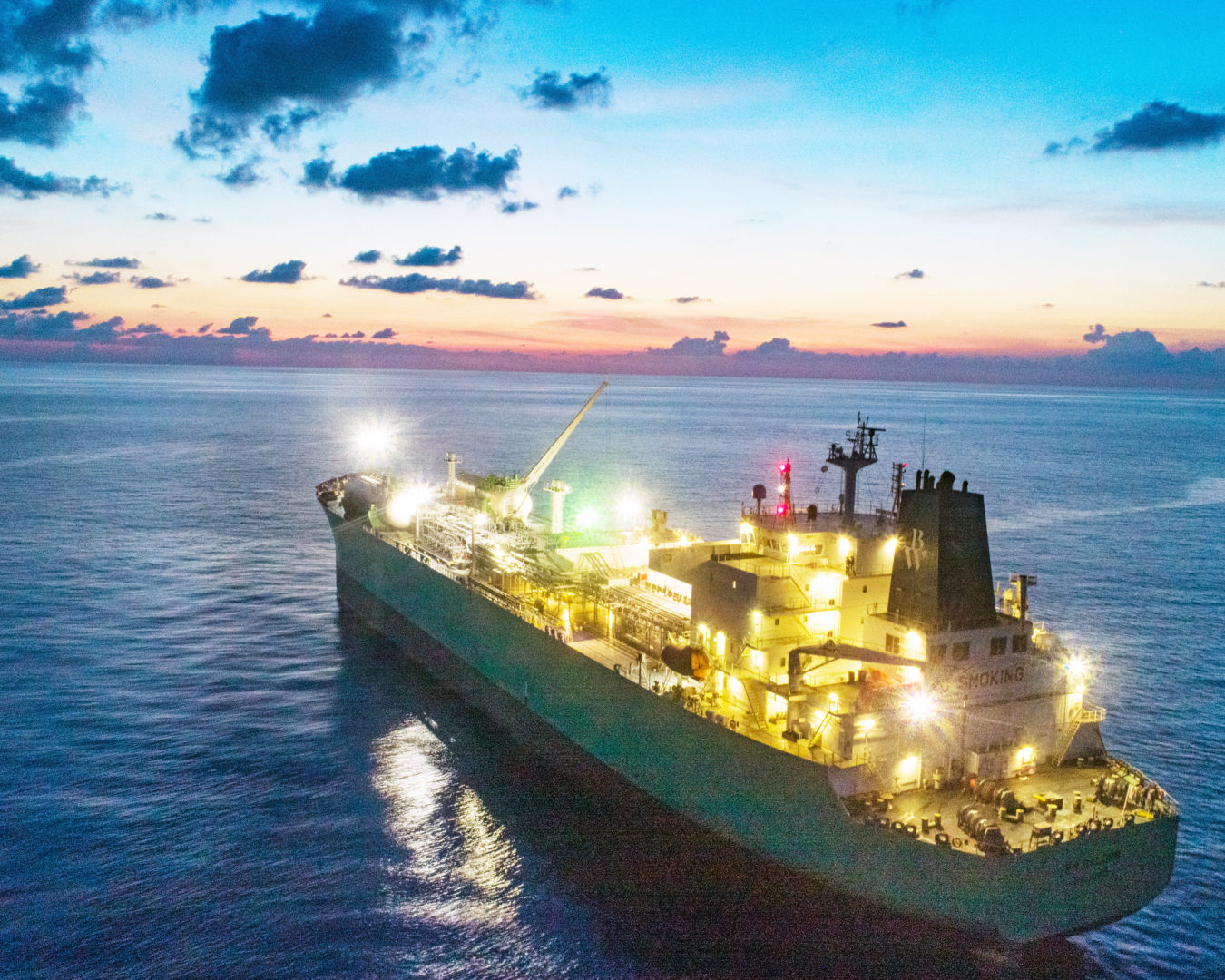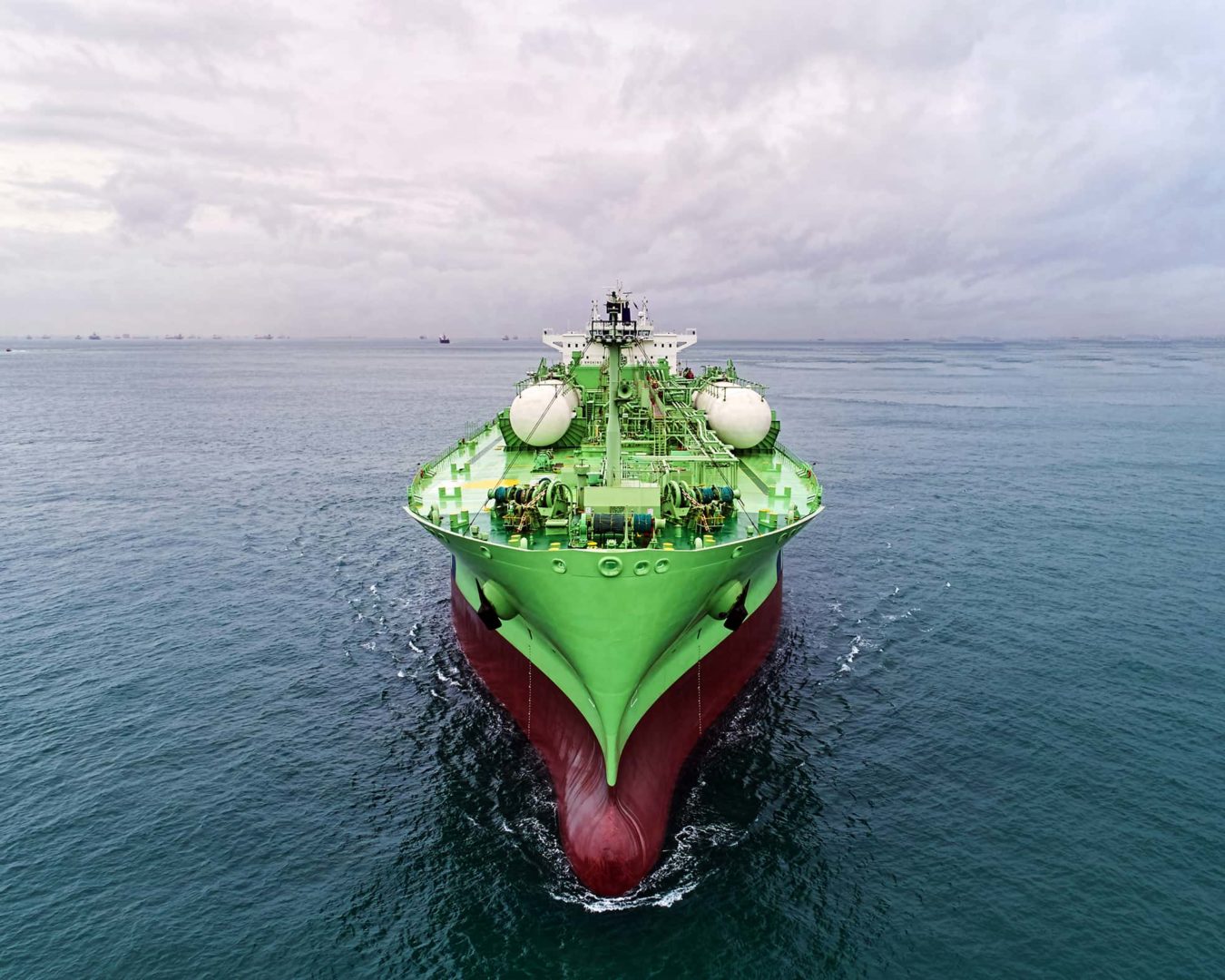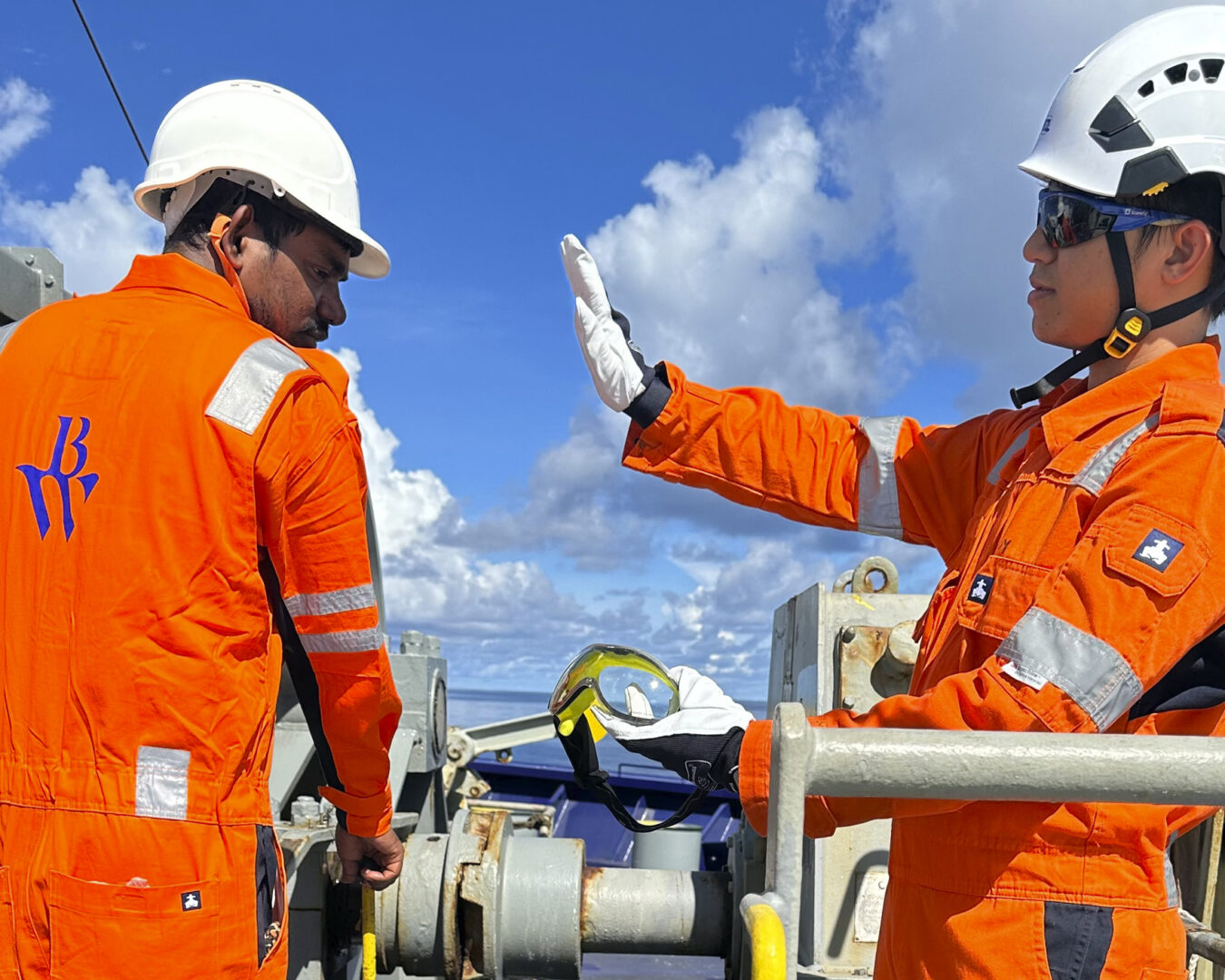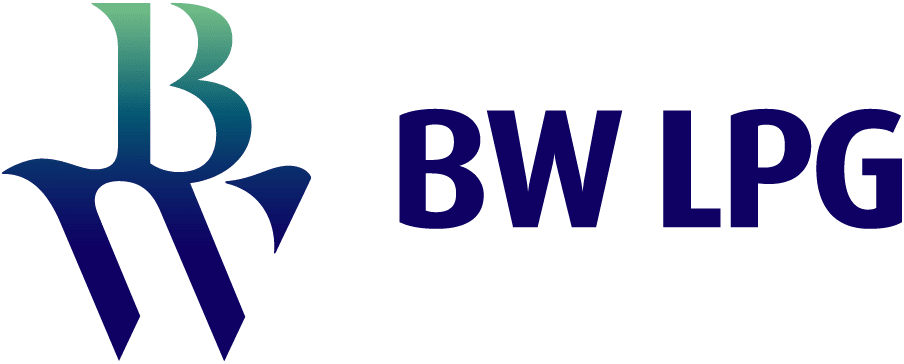Decarbonisation Roadmap
Our environmental goals are aligned with the GHG reduction strategy of the International Maritime Organization (IMO) – a 20% reduction in emissions by 2030 (baseline 2008), with the ultimate target of net zero by 2050.
Responsible Transition
To commit to decarbonisation is to commit to a sea change in how we operate. At BW LPG, we are walking the talk – planning a long-term roadmap that not only protects the interests of our shareholders, but also positions us to seize opportunities from the global clean energy transition.
Material Topic: Emissions and Energy
A responsible transition starts with our actions now. We are working towards our long-term decarbonisation goal by reducing emissions and increasing energy efficiency of our current business activities and assets. Through many operational and practical energy management initiatives, as well as investments to upgrade and digitalise our fleet – including our pioneering LPG dual-fuel propulsion technology – we are reducing our footprint in phases.
Environmental Impact Management
Reducing direct and indirect greenhouse gas emissions from our operations and supporting the global shift to cleaner energy is crucial in the near term as we navigate the global energy shift and needs of the industry. We want to reduce the negative environmental impact of business activities while increasing the positive influence we can have as we uphold responsible operations.
Material Topic: Waste and water management
Waste and water management are critical for BW LPG as they directly contribute to minimising the environmental footprint of our operations. This not only ensures compliance with international environmental regulations but also aligns with our broader commitment to sustainable and responsible business practices.
At BW LPG, we enact robust policies and procedures concerning hazardous spills, waste, ship recycling, effluents, and ballast water operations. We uphold responsible fleet operations by ensuring full compliance with all relevant international regulations.
Environmental Management
ISO 14001 is an internationally recognised Environmental Management System (EMS) standard designed to help organisations establish, implement, maintain, and continually improve their environmental performance. Our inhouse and external fleet managers are certified to this standard. A key component of the ISO 14001 EMS is to identify risks through an ‘aspect list’. This list refers to a comprehensive compilation of environmental aspects associated with the activities, products, or services of an organisation that interacts with the environment, leading to potential environmental impact.
An aspect list helps us establish objectives, targets, and management programs to address environmental impacts effectively. It provides a foundation for ongoing monitoring, measurement, and improvement of environmental performance. Our aim is to systematically manage and reduce the environmental footprint of organisational activities while complying with all relevant legal and regulatory requirements.
2024 At A Glance
| Sustainability priority | Commitment | 2024 Targets | 2024 Progress | UNSDG goal |
|---|---|---|---|---|
| Emissions and energy | Sustainably embedding decarbonisation initiatives across our operations is a key priority. We are following a clear, long-term roadmap that protects the interests of our shareholders, and positions us to seize opportunities from the global clean energy transition. | – All owned vessels to attain ""C"" or better rating under CII – Average LPG dual fuel uptime above 85% – Achieve overall net positive savings in fuel from weather routing – BW LPG fleet to reach net zero carbon emissions by 2050 | – All owned vessels attained “C” rating under CII – Achieved overall net positive savings in fuel from weather routing – Continued to explore sustainable investments in technology and alternative fuels to drive innovation and accelerate our transition toward net-zero emissions in LPG shipping |   |
| Waste and water management | By managing waste and water responsibly, we minimise our environmental footprint and promote resource efficiency. We adopt best practices to reduce waste generation, enhance recycling efforts and ensure the sustainable use of water across our operations, supporting a healthier marine ecosystem and a cleaner planet. | – Zero spills of oil at sea – 100% compliance with all MARPOL conventions – 100% compliance with the Ballast Water Management convention – 100% of all ship recycling projects to be done with shipyards certified to ISO 30000 and Hong Kong Convention | – Zero oil spills – Zero non-compliance with the Ballast Water Management Convention and MARPOL conventions – No vessels were recycled in 2024 |   |

Policies and Guidelines
Communicating our standards for business conduct clearly and transparently through policies and guidelines.

Sustainability Strategy and Governance
Guided by our Vision and Purpose, our sustainability strategy is based on three key pillars and are underpinned by our CARE values.

Risk Management
Risks are identified in the course of business operations and added into our risk universe

